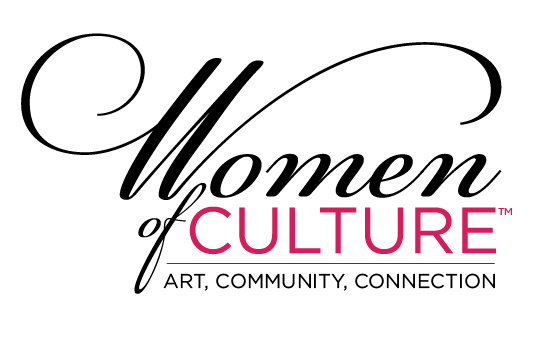Parking at the restaurant:
Non-hotel guests may valet park to visit the restaurants. Restaurant parking with validation is $15 for up to 3 hours, then $5 for every additional 15 minutes with a max of $55 per day. Valet Parking is located on 1st Street between Grand Avenue and Olive Street.
Parking at the Broad:
Parking is available under the museum. Enter on 2nd St. between Hope St. and Grand Ave. Rates are $17 for 3 hours with museum validation, and $5 for each additional 15 minutes, with a $27 daily maximum. There is a $17 flat rate after 5 p.m. on weeknights and all day on weekends. Lost parking tickets will result in a full charge of the $27.00 daily maximum. Bike parking is free and located on the P1 level. The garage opens at 9 a.m. and closes at 10:30 p.m.
Additional parking is available at other adjacent garages and lots around Grand Ave. The Broad does not provide validation for any other parking garages or lots.
More about the artist & the exhibit:
“Mickalene Thomas’s visionary artistic practice presents an unapologetic focus on Black female representation, amplifying portraiture’s capacity to capture authentic lived experience and relationships,” said Joanne Heyler, Founding Director of The Broad. “Thomas’s work, while pushing conventional boundaries of technique and material, touches all aspects of culture and society, from notions of beauty to sexuality and politics, powerfully bringing visibility to those who have historically been excluded and marginalized in art history.”
Born in 1971 in Camden, New Jersey, Thomas completed her MFA from the Yale University School of Art in 2002 and a residency at the Studio Museum in Harlem in 2003. Soon after she became well known for her large-scale acrylic paintings of Black women in states of leisure and repose using rhinestones, a central material in her practice that symbolizes the complexities of femininity. Depicting women with confident and assured expressions, the subjects of her works are often seen in domestic interiors from Black America, claiming the agency of womanhood while deconstructing the art historical canon. Similarly, Thomas’s photographs, collages, and figurative paintings often re-stage scenes from 19th century French painters such as Henri Matisse and Édouard Manet, pushing back against the subjugation and oppressive narratives upheld by Western archives, cultural institutions, and representation systems.
“In Mickalene Thomas’s hands, collage becomes a way of thinking about love in a serious way,” said Ed Schad, Curator at The Broad. “As Thomas keeps the essence of individuals alive in her work—as the individuals are re-imagined and remade, configured from different moods and different circumstances over many years of trust and commitment—it is a love ethic she is after.”
The Broad’s debut of Mickalene Thomas: All About Love will reflect some of the artist’s earliest inquiries into visual culture, sexuality, memory, and erotica and move into the present. On view will be the early photographic triptych, Lounging, Standing, Looking (2003), a piece which depicts the artist’s own mother, exploring kinship and care. These modes of intimate relations come to inform work such as Portrait of Maya No. 10 (2017) from the Broad collection. This acrylic and rhinestone work embodies Thomas’s signature ability to apply several layers of material and symbolic meaning into a single surface. At eight feet tall, the subject is empowered, sparkled, and poised, commanding her outward gaze.
The exhibition is largely populated by works at this immersive and ambitious scale, such as the twelve-foot wide I’m Feelin Good (2014), which also uses rhinestone elements. Unifying these larger-than-life subjects together in the museum’s galleries will envelop viewers into the bold and dynamic universe the artist has created, where steadfast love overcomes political strife. In addition to towering wall works, video collages such as Angelitos Negros (2016) will also be presented. This work immortalizes the late singer and actress Eartha Kitt, who sings about the absence of Black angels in art history, reflecting a core theme within the exhibition. Through her queries into pop culture and mass media, Thomas offers a reverberating demand for Black women to be seen and understood, and for viewers to become what hooks calls “practitioners of love.”
